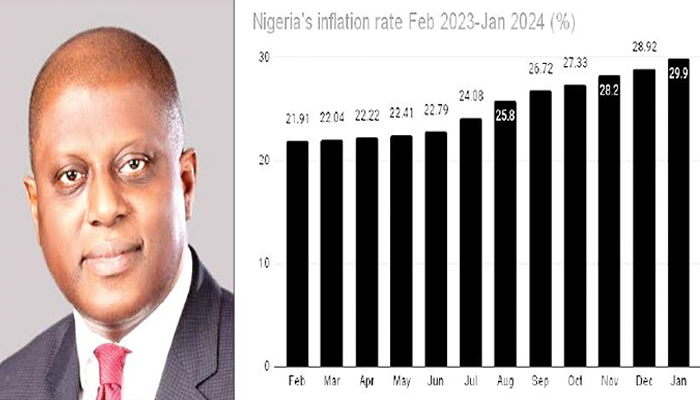Racism tends to intensify during periods of economic uncertainty, a phenomenon rooted in complex psychological and societal factors. As economic downturns trigger fear and anxiety, individuals may resort to scapegoating and other forms of prejudice, leading to increased racial tensions and discrimination.
Social inequality, media influence, and political rhetoric can exacerbate these effects, creating a climate where racism thrives. Understanding the mechanisms behind this phenomenon is crucial for developing effective strategies to combat racism and promote social harmony.
Racism Tends to Intensify During Periods of Economic Uncertainty

Racism is a complex and pervasive social problem that has been documented throughout history and across cultures. While there are many factors that contribute to racism, economic uncertainty has been identified as a significant driver of racial prejudice and discrimination.
Economic Factors, Racism tends to intensify during periods of economic uncertainty
Economic uncertainty can lead to increased competition for jobs, resources, and social status. This competition can create a sense of threat and anxiety, which can lead to people turning against others who are perceived as different or inferior.
- Historical Examples:The Great Depression in the 1930s led to a rise in racism and xenophobia in many countries, as people blamed immigrants and minorities for their economic woes.
- Psychological Mechanisms:Economic uncertainty can trigger fear, anxiety, and a sense of loss of control. These emotions can lead to scapegoating and prejudice, as people seek to blame others for their own misfortunes.
Social Factors
Social inequality can exacerbate racism during economic downturns. When economic resources are scarce, people who are already marginalized and disadvantaged are often disproportionately affected.
- Social Divisions:Economic uncertainty can widen social divisions, as people retreat into their own groups and become less tolerant of outsiders.
- Stereotypes:Negative stereotypes about minority groups can be reinforced during economic downturns, as people seek to justify their own economic insecurity.
- Media and Political Rhetoric:Media and political discourse can play a significant role in shaping perceptions of race during economic uncertainty. Negative portrayals of minority groups can contribute to a climate of fear and distrust.
Political Factors
Political policies and ideologies can also contribute to racism in times of economic uncertainty. Scapegoating and fear-mongering are common political tactics that can be used to gain support during economic downturns.
- Scapegoating:Politicians may blame minority groups for economic problems, deflecting attention from their own policies or failures.
- Fear-Mongering:Political rhetoric that stokes fear and division can create a climate that is conducive to racism.
- Immigration and Refugee Policies:Economic downturns can lead to increased scrutiny of immigration and refugee policies, as people fear that these policies will exacerbate economic problems.
Top FAQs: Racism Tends To Intensify During Periods Of Economic Uncertainty
Why does racism intensify during economic uncertainty?
Economic uncertainty triggers fear and anxiety, leading individuals to seek scapegoats and engage in prejudice to protect their own perceived status and security.
What are the psychological mechanisms that contribute to this phenomenon?
Fear, anxiety, and competition can fuel racism by activating negative stereotypes and biases, making individuals more likely to perceive outgroups as threats.
How does social inequality contribute to racism during economic downturns?
Social inequality creates divisions and stereotypes, which can be exacerbated by economic stress, leading to increased prejudice and discrimination against marginalized groups.
What role does media and political rhetoric play in shaping perceptions of race during these times?
Media and political rhetoric can amplify negative stereotypes and promote fear-mongering, further intensifying racism and racial tensions.


